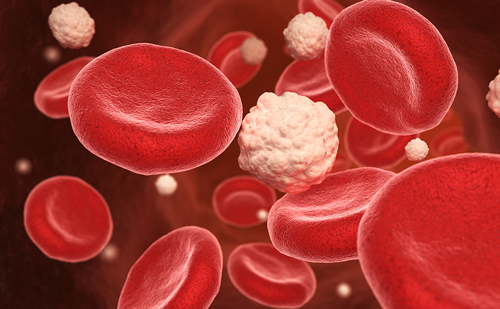The increasing prevalence of overweight and obesity in the United States has been well documented,1 as have the resulting negative effects on increased risk for several chronic diseases, including type 2 diabetes.2 Therefore, addressing overweight and obesity is an important strategy in the primary and secondary prevention of type 2 diabetes, as well as for hypertension, dyslipidemia, and cardiovascular disease.3
Strong evidence exists for the benefits of moderate weight loss for the prevention of diabetes. In persons with prediabetes, an eating plan that facilitates modest weight loss (5% to 7% of body weight), increases in physical activity (equivalent to 30 minutes brisk walking on most days of the week), and follow-up counseling and continued support reduced the incidence of diabetes by 58%.4 Of importance are studies of lifestyle intervention showing persistent reduction in the rate of conversion from prediabetes to diabetes for 10 years.5 Cost data have also confirmed that lifestyle interventions for the prevention of diabetes are highly cost-effective.6
Weight-loss interventions have also been shown to be effective in improving glycemic control in persons with newly diagnosed diabetes.7,8 However, the benefit of weight loss in persons with type 2 diabetes of longer duration is controversial.9 To better understand and determine the outcomes of weight loss interventions (WLI) in overweight and obese persons with type 2 diabetes we conducted a systematic review and meta-analysis.10 The primary question being to determine the outcomes of WLI on hemoglobin A1c (A1c), lipids, and blood pressure from WLIs resulting in weight losses greater than or less than 5% at 12 months and the secondary question being to determine weight and metabolic outcomes from differing amounts of macronutrients in WLI study arms.
Eleven trials with 19 WLI study arms (8 compared 2 WLIs and 3 compared a WLI to a usual care/control group) with 6,754 participants met study criteria (randomized clinical trial, minimum 12-month duration, and a 70% completion rate). At 12 months, 17 WLI study arms reported weight losses less than 5% (1.9 to 4.8 kg), resulting in non-significant benefits on A1C, lipids, and blood pressure. Only two study arms, a Mediterranean-style diet in newly diagnosed adults and the intensive lifestyle intervention in the Action for Health in Diabetes (Look AHEAD) trial resulted in weight losses greater than 5%. Both included regular physical activity by participants and frequent contact with health professionals reported significant benefits on A1C, lipids, and blood pressure. Five trials (10 study arms) compared WLIs of differing amounts of macronutrients and reported non-significant differences in weight loss, A1C, lipids, or blood pressure. Thus, a weight loss >5% (~6 kg) appears necessary for beneficial outcomes from WLI in persons with type 2 diabetes. Achieving this level of weight loss requires intense interventions including energy restriction, regular physical activity, and frequent contact with health professionals.
Furthermore, it appears more difficult for persons with diabetes to lose weight than for persons without diabetes. In a systematic review of 80 weight loss studies with 26,455 participants, primarily without diabetes, at 12 months, the average weight loss was 8% (7.5 kg) from baseline11 (compared with <5% in the in the majority of studies in participants with type 2 diabetes reported above). Factors that contribute to an individual’s inability to lose and maintain weight loss include low socioeconomic status, an unsupportive environment, and very importantly, physiologic changes (e.g. compensatory changes after weight loss in circulating hormones that encourage weight regain and adaptive thermogenesis).12–16
For overweight or obese individuals with type 2 diabetes, a weight loss of at least 5% appears necessary to consistently improve glucose, lipids, and blood pressure. This amount of weight loss may not be a realistic goal for many of the persons with type 2 diabetes seen in many healthcare settings today. However, strong evidence reports that a reduced energy intake, with or without weight loss, improves glycemic control.17 In some it may lead to weight loss, in some it may maintain weight loss, and in some (often dependent on medications used) it may prevent weight gain.
Nutrition therapy for persons with type 2 diabetes, therefore, should encourage a reduced-energy, healthy eating plan, appropriate portion sizes of food, and regular physical activity implemented by education and with continued support. It is imperative that health professionals interact collaboratively with individuals on long-term lifestyle changes they are willing and able to make. Health professionals can be of assistance, but individuals must make the final decision as to if and how they will choose appropriate portion sizes of healthy foods and participate in regular physical activity.














